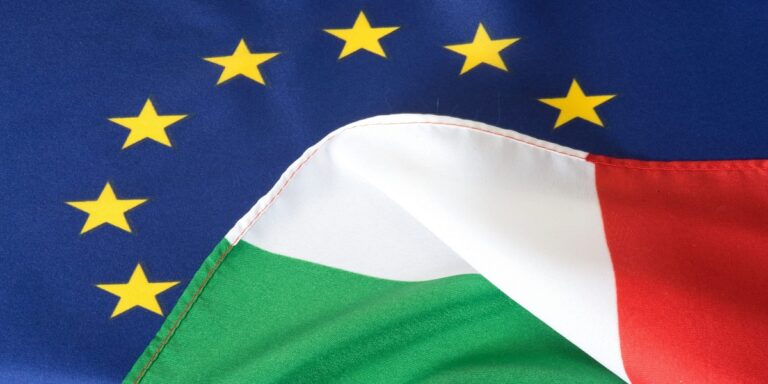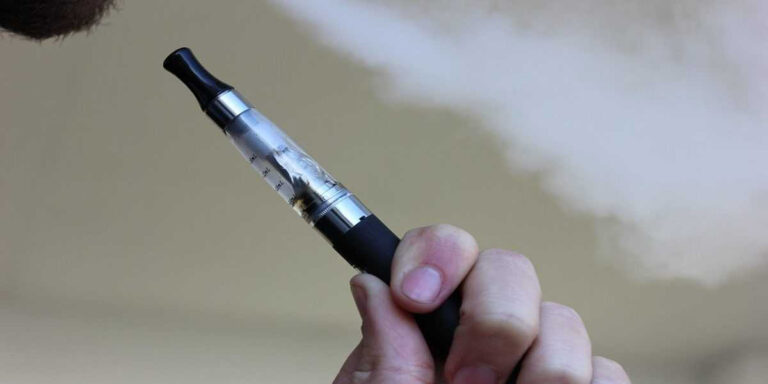On August 18, Czech Radio International reported that the Czech Ministry of Health is drafting a decree to ban flavored e-cigarettes. This move is part of a broader effort to curb the growing popularity of vaping among young people. Despite existing laws prohibiting the sale of e-cigarettes to individuals under 18, non-compliance by vendors has led to increased use of flavored e-cigarettes among teenagers.
Targeting Youth Vaping
The Ministry of Health’s proposed decree would restrict the availability of e-cigarette flavors to just one—tobacco. The ban on all other flavors aims to reduce the appeal of vaping to young people, who are particularly drawn to fruity and sweet flavors. This move follows similar restrictions on flavored heated tobacco, indicating a growing trend in the Czech Republic towards stricter regulation of tobacco and nicotine products.
Concerns from the E-Cigarette Industry
Robert Hrdlička, President of the Czech E-Cigarette Association, expressed strong opposition to the proposed ban. He warned that the decree could effectively spell the end of the e-cigarette industry in the Czech Republic, as flavored products make up a significant portion of the market. Hrdlička argued that the ban could drive consumers back to traditional cigarettes or push them towards illegal markets.
Existing Restrictions and Taxes
The Czech Republic has already implemented a complete ban on flavored heated tobacco, and the introduction of a new e-cigarette excise tax in April 2024, coupled with a tobacco excise tax in February, has led to higher tobacco prices. These taxes have made e-cigarette and tobacco products more expensive in the Czech Republic compared to neighboring countries. Consequently, some consumers have started purchasing tobacco products in Poland, where prices are lower.
Potential Market Impact
Further Market Contraction
The ban on flavored e-cigarettes could further shrink the Czech e-cigarette market, already under pressure from high taxes and existing restrictions. Consumers may seek alternatives in neighboring countries or turn to illegal markets, which could undermine the public health goals of the ban.
Impact on Consumers and Public Health
While the ban aims to protect young people from the risks of vaping, it may also limit adult smokers’ access to less harmful alternatives to traditional cigarettes. The potential shift back to traditional smoking or the illegal market could have unintended negative consequences for public health.
The Czech Ministry of Health’s plan to ban flavored e-cigarettes is a significant step in the country’s ongoing efforts to regulate tobacco and nicotine products. However, the proposed decree has sparked concerns within the e-cigarette industry about the potential impact on the market and consumer behavior. As the Czech government moves forward with this regulation, it will need to carefully consider the balance between protecting public health and maintaining access to harm-reduction products.
FAQs
What is the Czech Ministry of Health’s proposed decree?
The proposed decree aims to ban all flavored e-cigarettes in the Czech Republic, allowing only tobacco-flavored products to remain on the market. This measure is intended to reduce the appeal of vaping to young people.
Why is the Czech government planning to ban flavored e-cigarettes?
The ban is part of an effort to curb the growing popularity of vaping among young people, who are particularly attracted to fruity and sweet e-cigarette flavors.
How has the e-cigarette industry responded to the proposed ban?
Industry representatives, including the President of the Czech E-Cigarette Association, have expressed strong opposition to the ban, warning that it could lead to the collapse of the e-cigarette market in the Czech Republic.
What other restrictions are in place in the Czech Republic regarding tobacco products?
The Czech Republic has already implemented a complete ban on flavored heated tobacco and has introduced new excise taxes on e-cigarettes and tobacco products, leading to higher prices.
What impact could the ban have on consumers?
The ban could drive consumers back to traditional cigarettes or push them towards illegal markets, potentially undermining public health efforts and reducing access to less harmful alternatives.
How might the ban affect the Czech e-cigarette market?
The ban could further shrink the market, as flavored products make up a significant portion of e-cigarette sales. This may lead to increased cross-border purchases or reliance on illegal products.


















